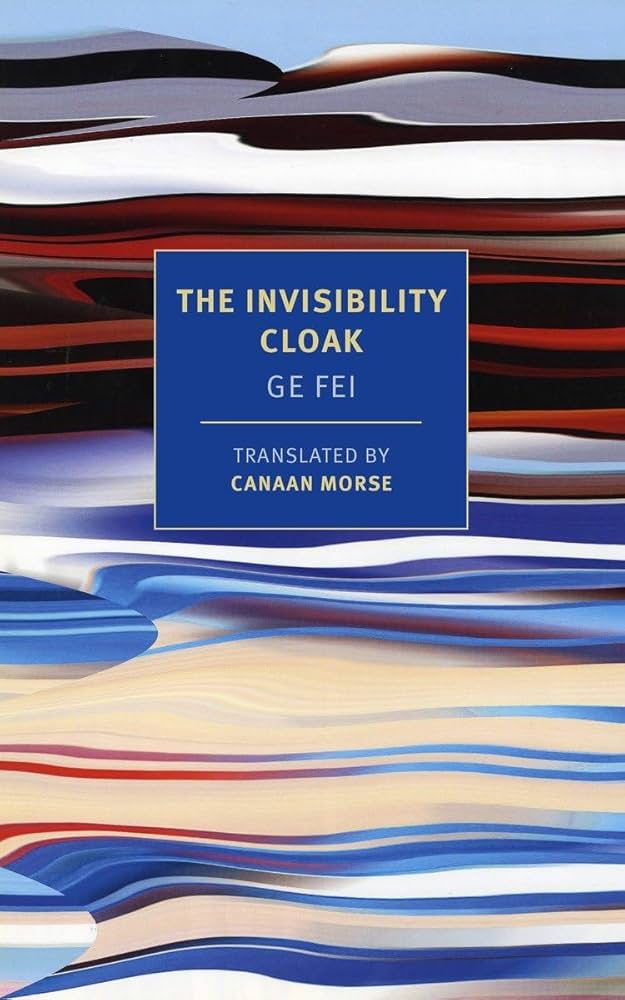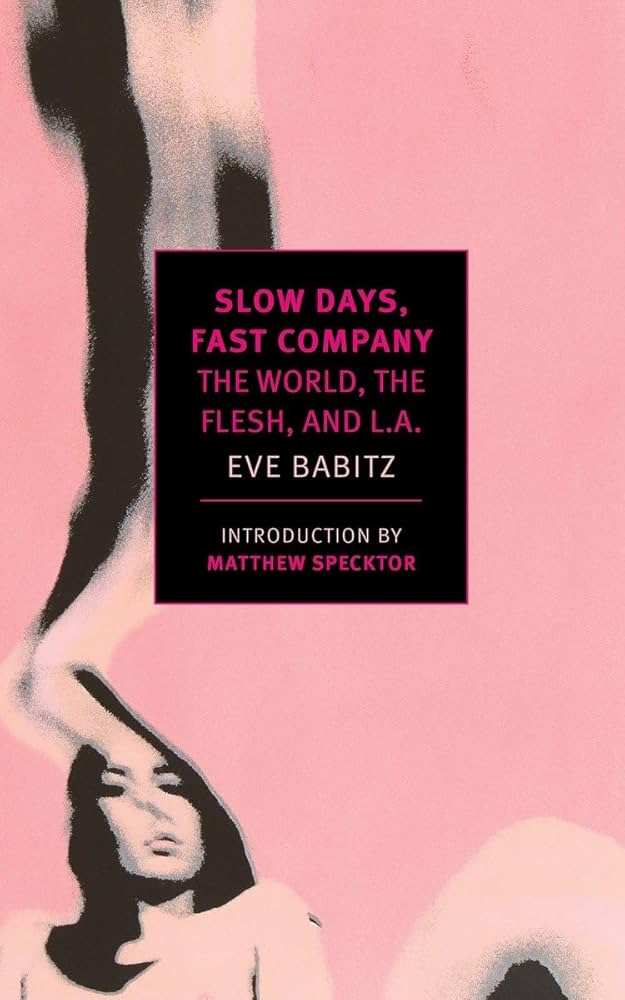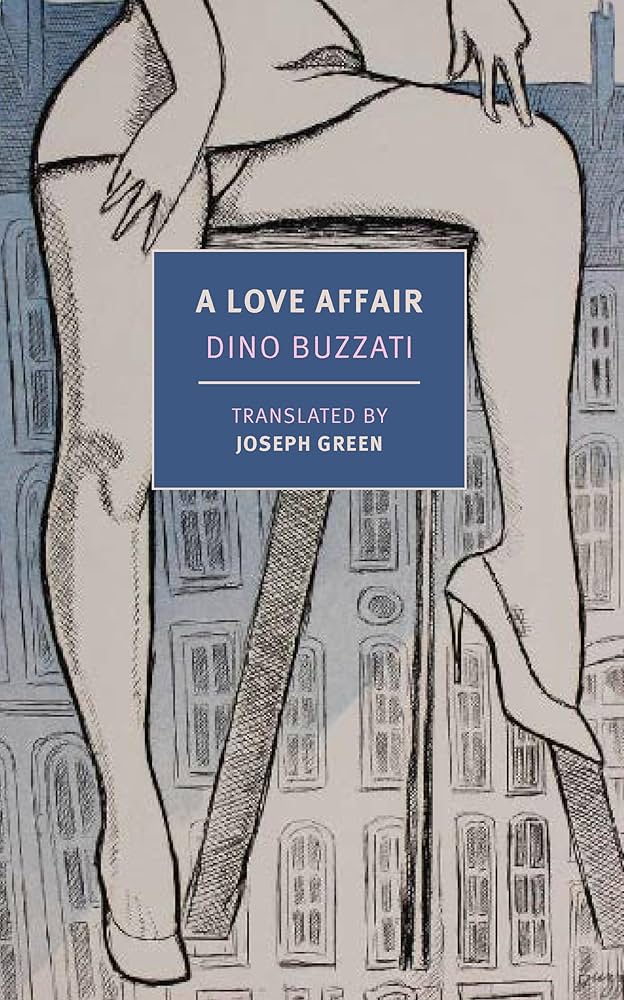I picked this up at a secondhand bookshop simply because NYRB. Didn’t know Ge Fei, didn’t google the book, nothing. Another banger. NYRB is the Lou Smith of books for me — almost every release is right in my wheelhouse, even if it doesn’t seem that way at first.
The Invisibility Cloak is a short novel about a man who builds custom high-end audio systems in modern Beijing. He’s hit hard times – his marriage has failed, he lives in a crummy apartment owned by his (possibly scheming) sister and brother-in-law, and he thinks his clients are mostly dupes or poseurs.
He’s introduced by his friend to a mysterious, wealthy client who wants the best sound system in the world. Things progress, and get weirder, from there.
It’s about the creep of capitalism and materialism in China and the grift and organized crime that accompanies it, it’s about progress and class and inequality. It’s funny and memorable, and it made me laugh out loud more than once.
While the setup sounds like a Murakami novel, I enjoyed this much more than most Murakami work that I’ve read. There are no detailed descriptions of the protagonist’s penis or a woman’s childlike body, for one. There’s also a surprisingly informal tone that shows up throughout the book like a breath of fresh air:
As we waited, I flipped through their CD collection; all of it dated pop music, mostly pirated. I have no opinion when it comes to my clients musical tastes. It doesn’t matter to me if they like classical, blues, jazz, or even glass shattering heavy metal. But honestly, spending a hundred and fifty thousand yuan on an Acapella set just to listen to pirated CDs seemed unbelievable. I realized that I had been taking this job a little too seriously, spending two weeks fine tuning the amp to perfection.
The book has lots of surrealism to it, but it’s not dreamlike or ephemeral at all.
This interview with Ge Fei in The Paris Review is excellent. In describing his protagonist’s reluctance to resist modernity:
a Japanese author I like… talks about crickets living in a closed box, no sunlight, no windows. You have these singing insects in there, they lay their eggs, they hatch, they grow, they sing, they die. Are there people who are willing to make themselves invisible and keep away from the “sunlight” of contemporary society?
Ge Fei is now on my instant-purchase list, and NYRB’s batting average is still near-perfect.









